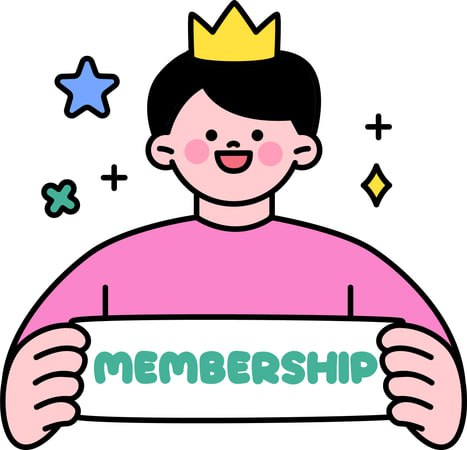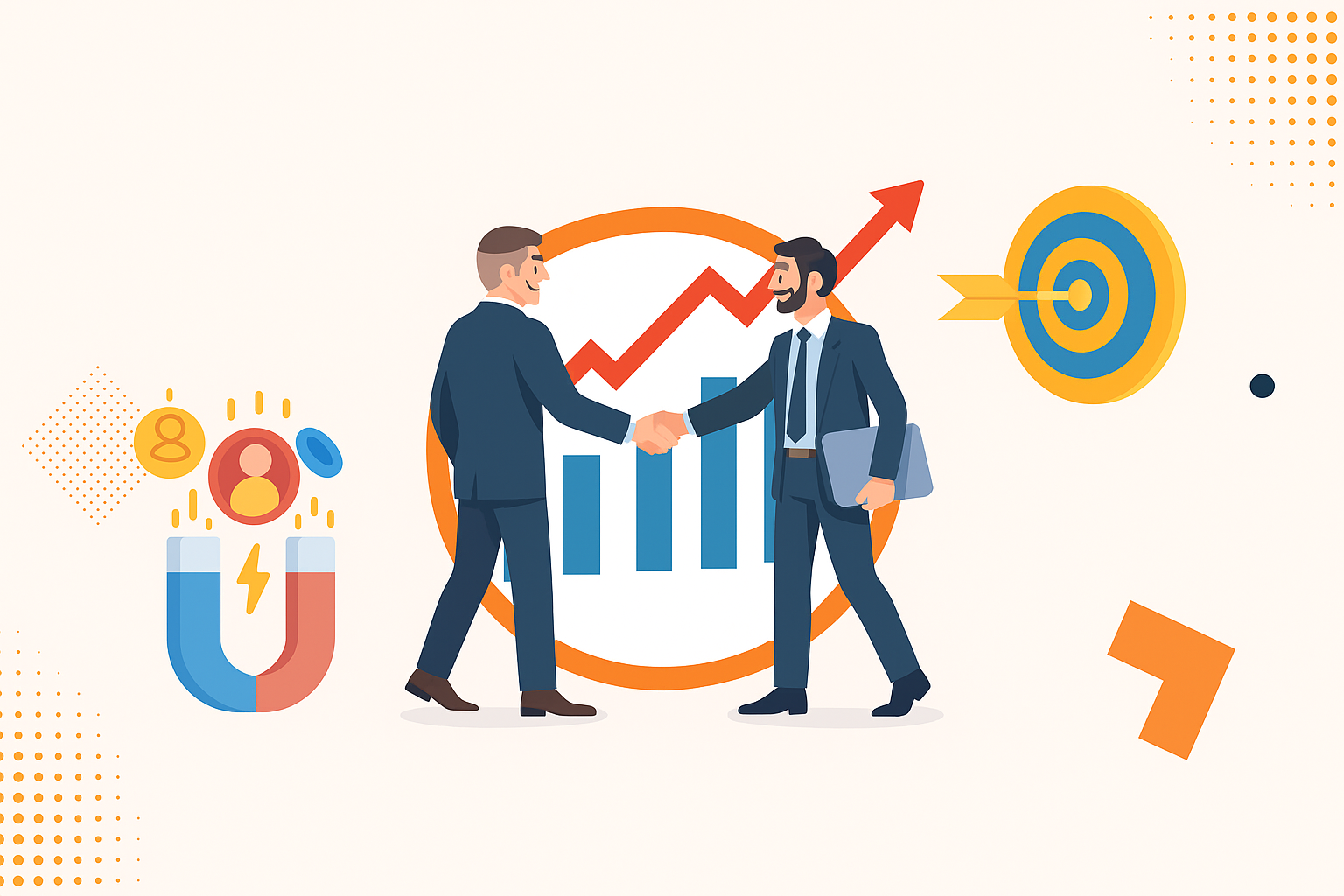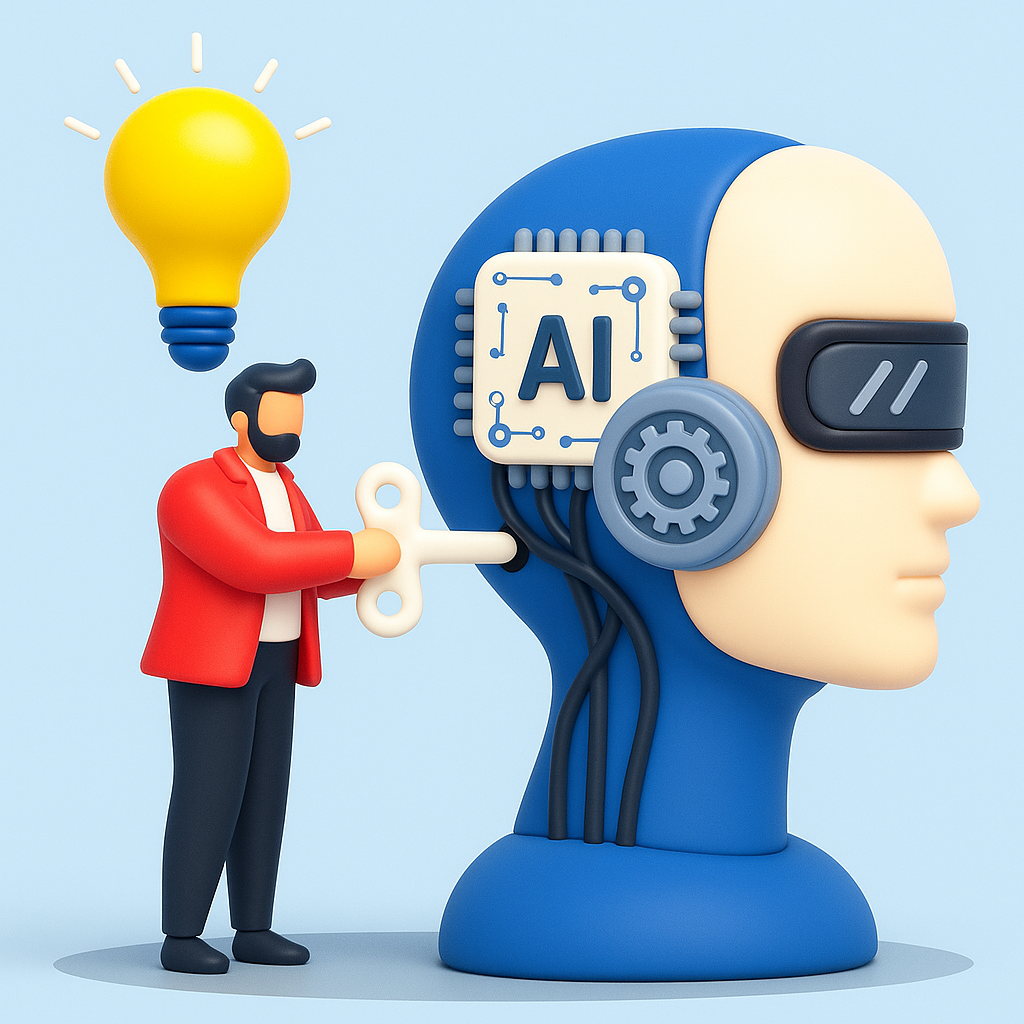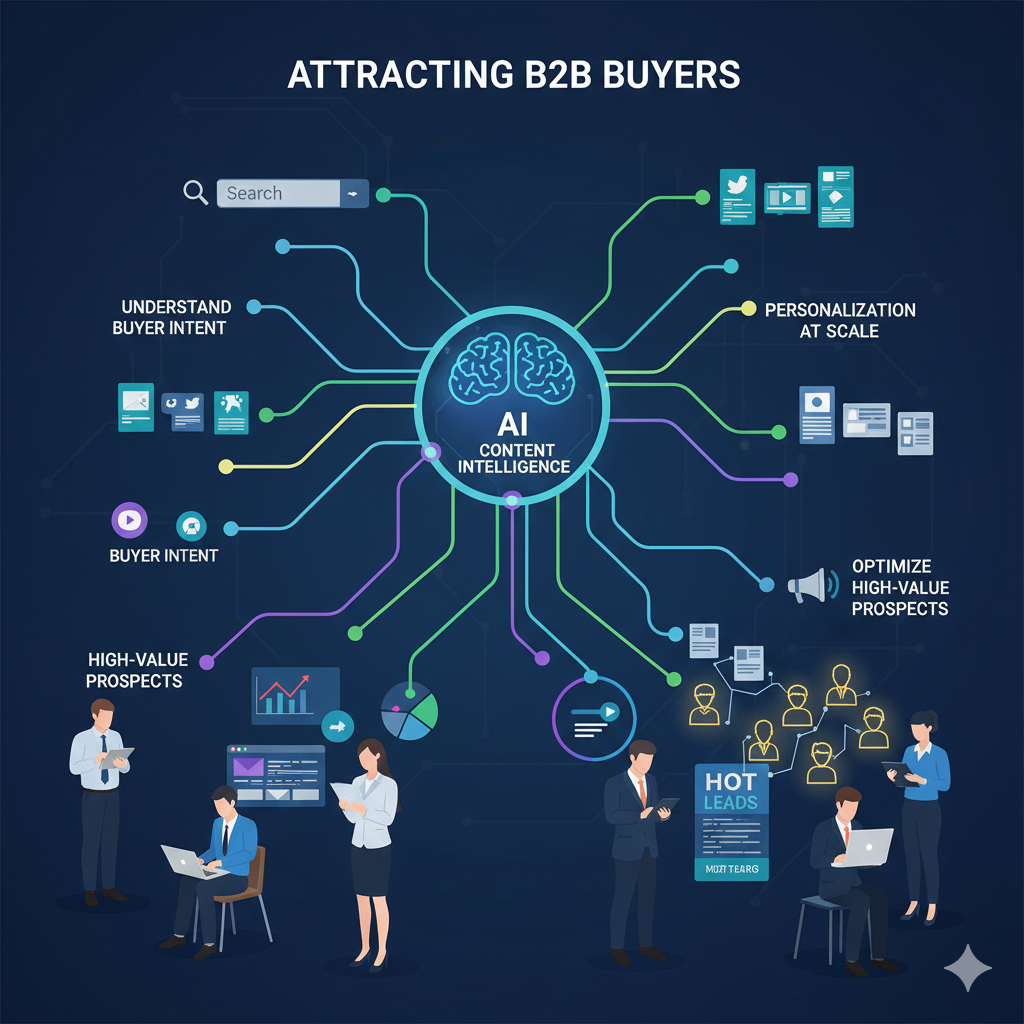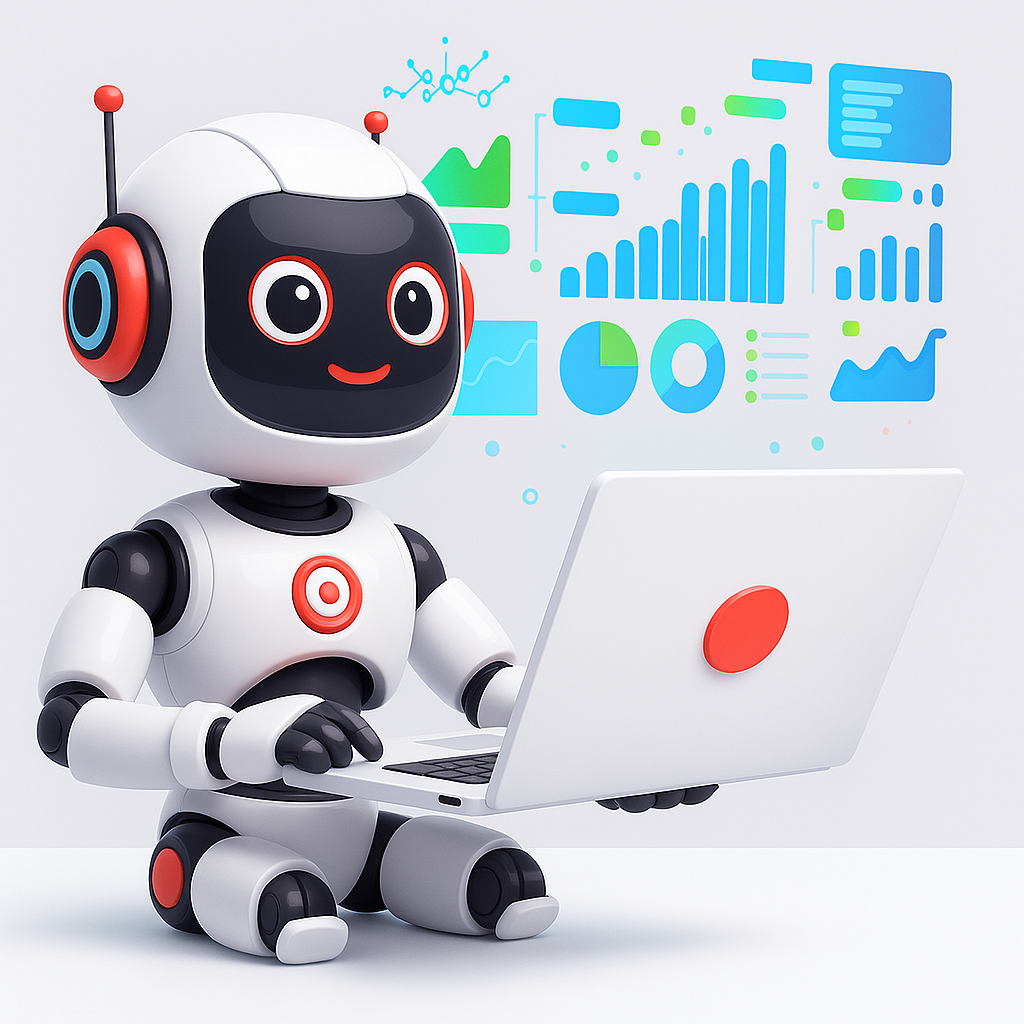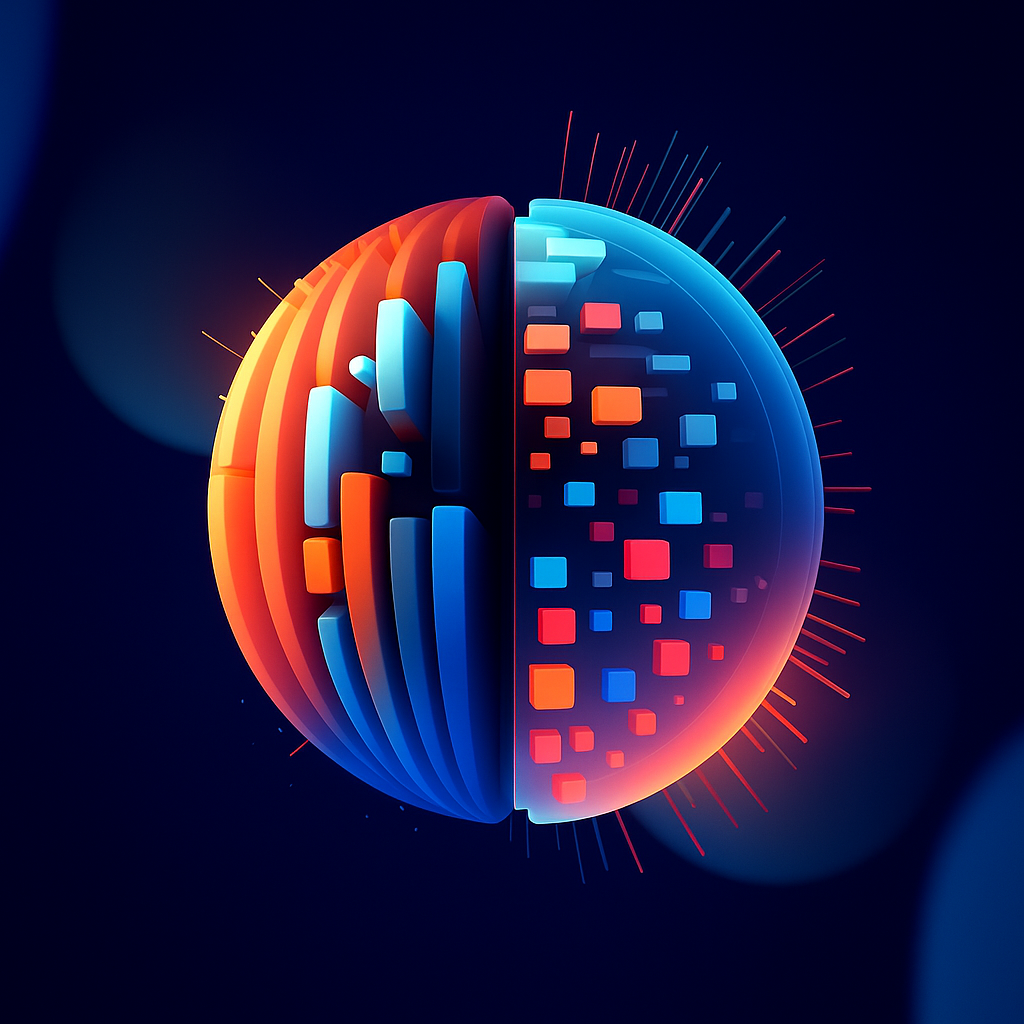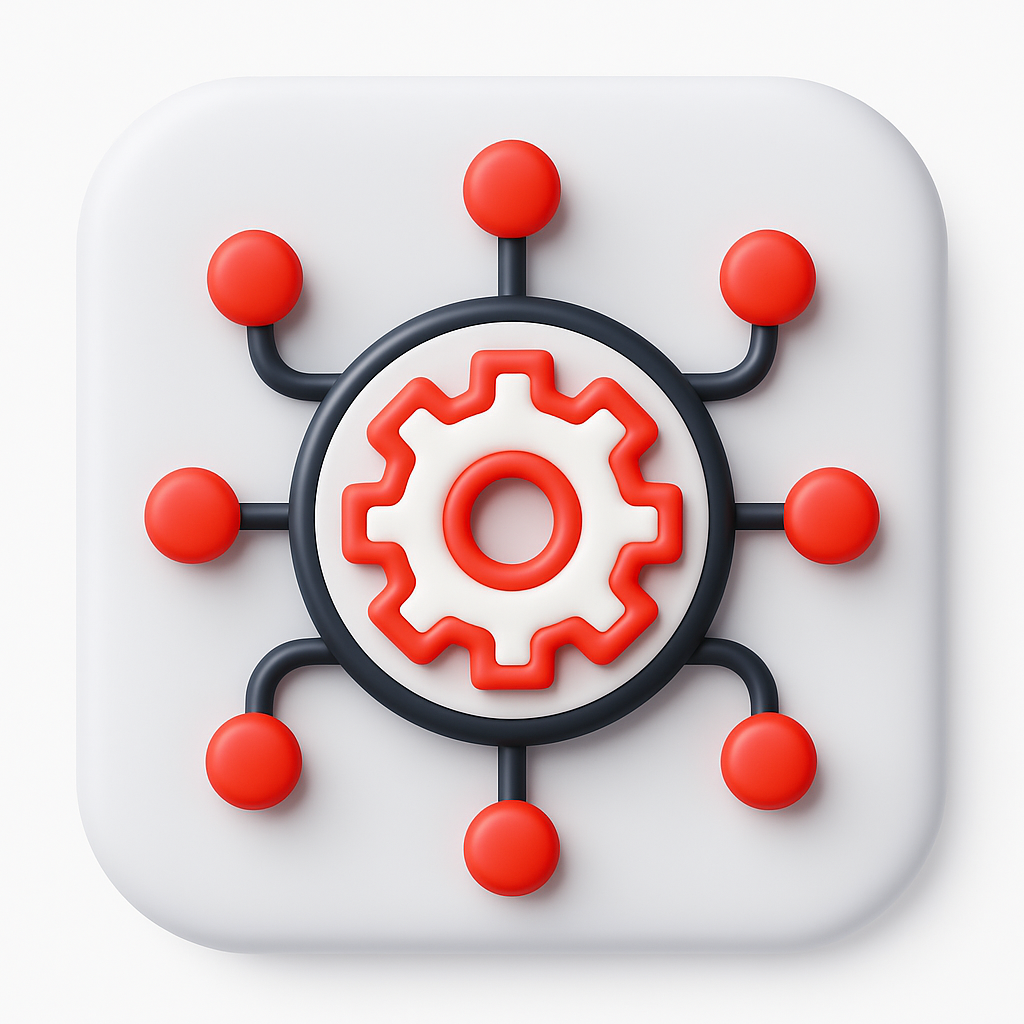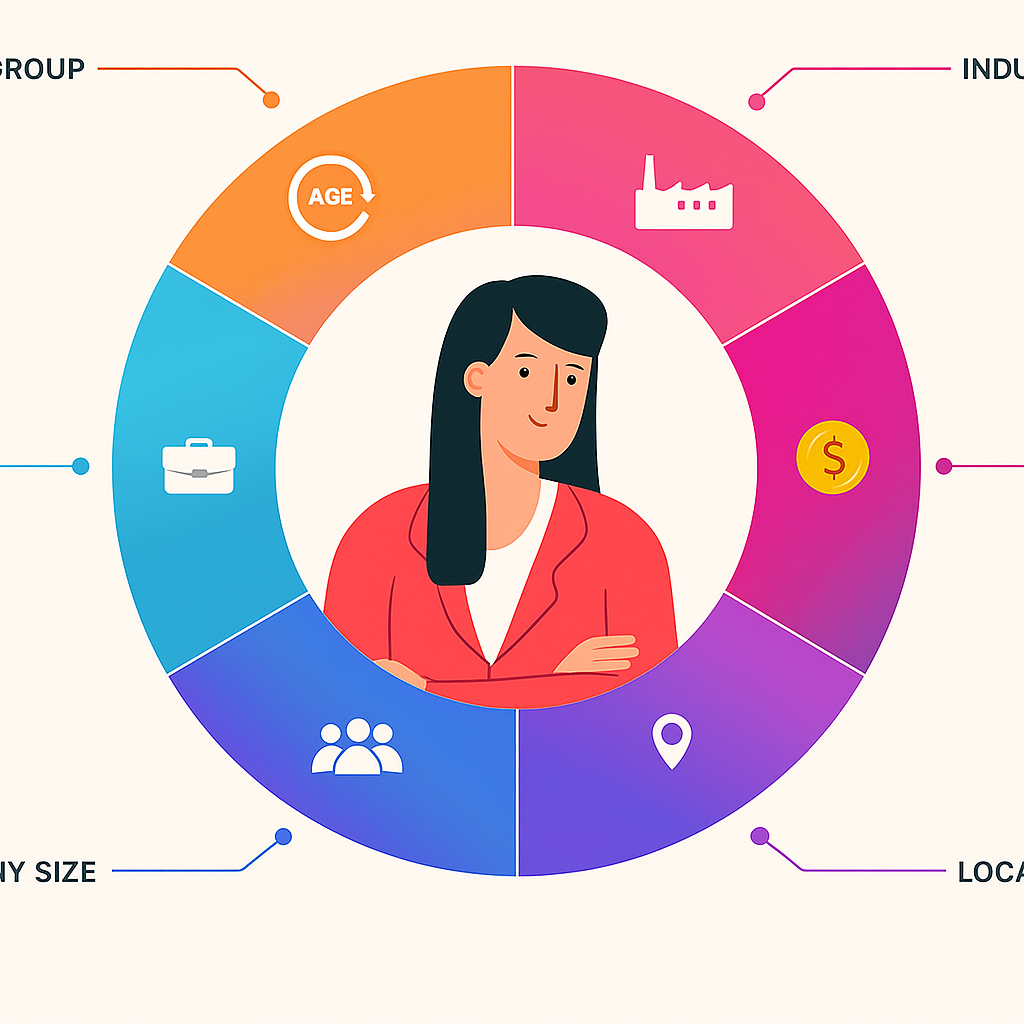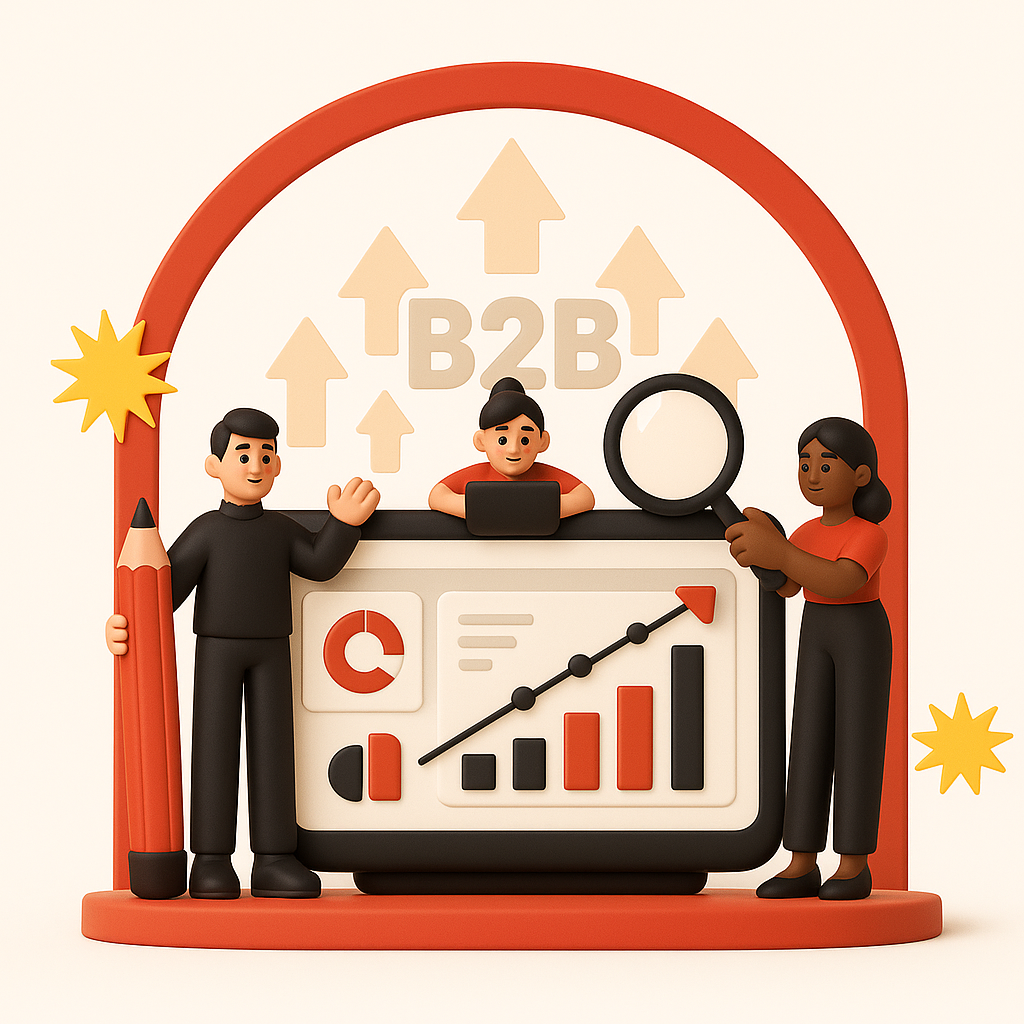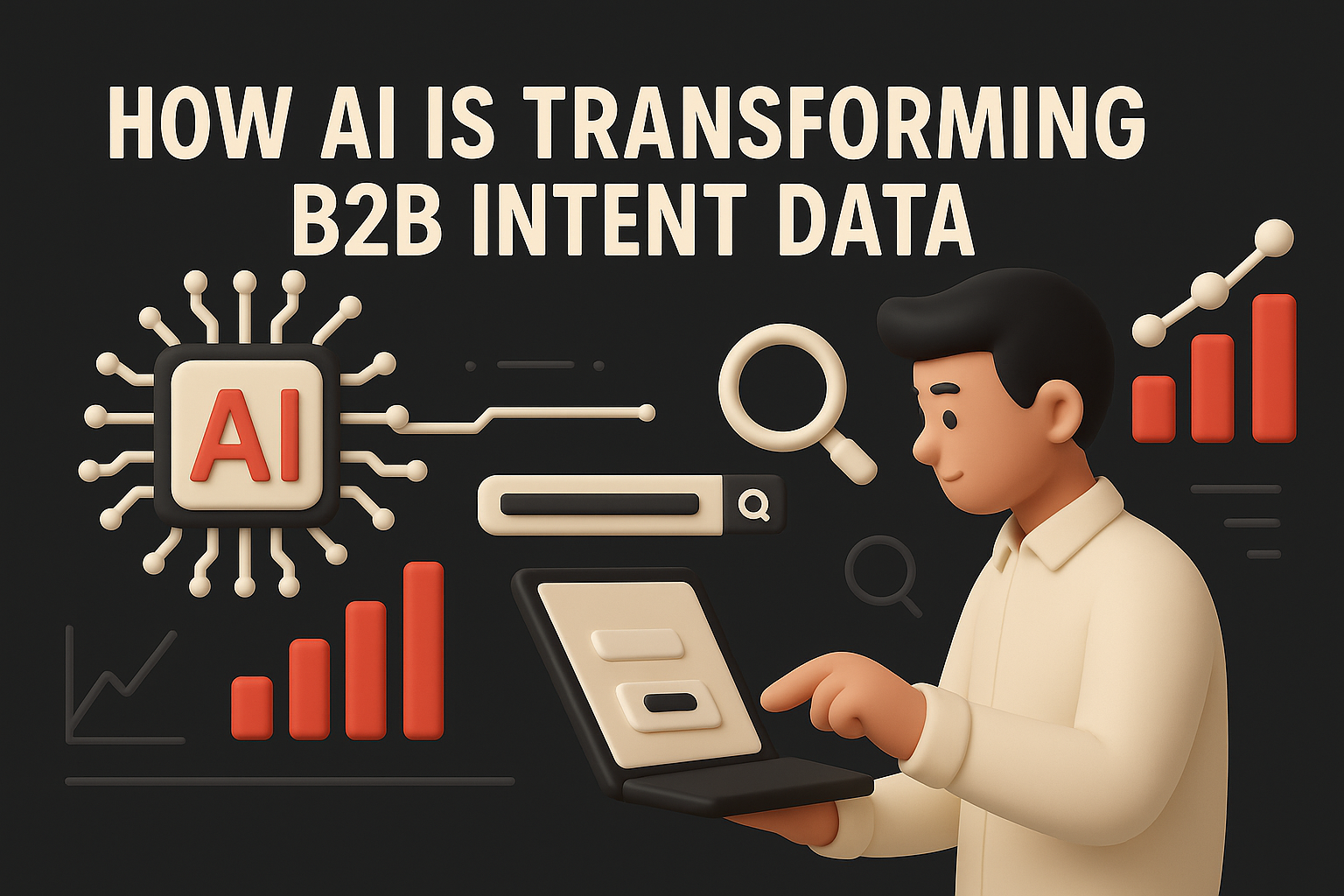How will multimodal AI (voice, video, text) redefine virtual B2B prospecting?
The way B2B professionals connect, pitch, and build trust is changing fast. In the past, prospecting meant cold emails, templated LinkedIn messages, or lengthy discovery calls. But as digital interactions become more complex and buyers demand authenticity, multimodal AI — systems that understand and generate voice, video, and text simultaneously — is poised to transform virtual B2B prospecting forever.
This next generation of AI doesn’t just process language — it perceives tone, emotion, facial cues, and context. It’s ushering in a future where sales teams can communicate more naturally, personalize at scale, and build relationships that feel human, not automated.
1. From Text-Only to Context-Aware Conversations
Traditional chatbots and AI assistants rely solely on text input. Multimodal AI, however, can interpret voice intonation, visual cues, and written language together — allowing it to respond with emotional intelligence.
Imagine an AI prospecting assistant that can:
• Analyze a prospect’s tone in a recorded call to detect interest or hesitation.
• Adjust follow-up messaging based on facial sentiment (e.g., confusion during a demo).
• Combine written email insights with verbal feedback to tailor the next outreach.
This shift makes digital interactions feel less transactional and more relational — bridging the emotional gap often lost in virtual communication.
2. Hyper-Personalized Outreach Through Multimodal Insights
AI can now synthesize data from videos, voice calls, and text exchanges to build detailed buyer profiles. For example:
• Voice analysis can reveal enthusiasm, hesitation, or frustration.
• Video recognition can identify engagement cues (like nodding or note-taking).
• Text analysis decodes priorities and decision-making language.
By merging these signals, multimodal AI creates a 360-degree understanding of each prospect’s communication style, preferences, and buying intent — enabling hyper-personalized outreach that resonates on a human level.
3. AI-Powered Virtual Sales Assistants
Tomorrow’s sales reps won’t prospect alone. They’ll work alongside AI co-pilots that can join virtual meetings, summarize discussions, and even suggest real-time adjustments.
For instance:
• During a Zoom call, an AI agent could analyze the prospect’s tone and prompt the rep to clarify a point or offer a relevant case study.
• Afterward, it could automatically draft a personalized recap email summarizing key concerns and next steps.
These intelligent assistants will handle administrative tasks and emotional analysis simultaneously, freeing human reps to focus on storytelling, empathy, and closing deals.
4. Automated Video and Voice Outreach at Scale
Generative AI can now produce synthetic yet natural-sounding voice and video content. Soon, B2B marketers will be able to create personalized video intros or follow-ups — with AI dynamically adjusting the message, tone, and even visual elements for each prospect.
Example: A SaaS company could send 500 AI-personalized video messages — each greeting the recipient by name, referencing their company, and addressing their pain point — all generated in minutes, not weeks.
This blends automation with intimacy, turning outreach into an experience rather than a task.
5. Real-Time Learning and Adaptive Selling
Multimodal AI thrives on feedback. It can continuously learn from thousands of interactions — which tone performs best, what body language predicts conversion, what phrases increase engagement — and provide data-driven coaching to sales teams.
This not only improves performance but also ensures consistent, high-quality communication across distributed sales organizations.
6. A Human-AI Hybrid Future
The goal of multimodal AI isn’t to replace human sales reps — it’s to enhance human empathy with machine precision. By offloading repetitive tasks, analyzing subtle cues, and generating personalized content, AI allows sales professionals to focus on building real relationships.
In essence, AI handles the “how” — data, timing, and optimization — while humans drive the “why” — meaning, strategy, and trust.
The Bottom Line
Multimodal AI represents the next quantum leap in B2B prospecting — moving beyond cold outreach into emotionally intelligent, adaptive engagement. By combining voice, video, and text, it gives AI the sensory depth to truly understand prospects, not just contact them.
The result? Smarter prospecting, warmer connections, and a future where every virtual touchpoint feels as genuine as a handshake.
Read More:
https://intentamplify.com/lead-generation/ How will multimodal AI (voice, video, text) redefine virtual B2B prospecting?
The way B2B professionals connect, pitch, and build trust is changing fast. In the past, prospecting meant cold emails, templated LinkedIn messages, or lengthy discovery calls. But as digital interactions become more complex and buyers demand authenticity, multimodal AI — systems that understand and generate voice, video, and text simultaneously — is poised to transform virtual B2B prospecting forever.
This next generation of AI doesn’t just process language — it perceives tone, emotion, facial cues, and context. It’s ushering in a future where sales teams can communicate more naturally, personalize at scale, and build relationships that feel human, not automated.
1. From Text-Only to Context-Aware Conversations
Traditional chatbots and AI assistants rely solely on text input. Multimodal AI, however, can interpret voice intonation, visual cues, and written language together — allowing it to respond with emotional intelligence.
Imagine an AI prospecting assistant that can:
• Analyze a prospect’s tone in a recorded call to detect interest or hesitation.
• Adjust follow-up messaging based on facial sentiment (e.g., confusion during a demo).
• Combine written email insights with verbal feedback to tailor the next outreach.
This shift makes digital interactions feel less transactional and more relational — bridging the emotional gap often lost in virtual communication.
2. Hyper-Personalized Outreach Through Multimodal Insights
AI can now synthesize data from videos, voice calls, and text exchanges to build detailed buyer profiles. For example:
• Voice analysis can reveal enthusiasm, hesitation, or frustration.
• Video recognition can identify engagement cues (like nodding or note-taking).
• Text analysis decodes priorities and decision-making language.
By merging these signals, multimodal AI creates a 360-degree understanding of each prospect’s communication style, preferences, and buying intent — enabling hyper-personalized outreach that resonates on a human level.
3. AI-Powered Virtual Sales Assistants
Tomorrow’s sales reps won’t prospect alone. They’ll work alongside AI co-pilots that can join virtual meetings, summarize discussions, and even suggest real-time adjustments.
For instance:
• During a Zoom call, an AI agent could analyze the prospect’s tone and prompt the rep to clarify a point or offer a relevant case study.
• Afterward, it could automatically draft a personalized recap email summarizing key concerns and next steps.
These intelligent assistants will handle administrative tasks and emotional analysis simultaneously, freeing human reps to focus on storytelling, empathy, and closing deals.
4. Automated Video and Voice Outreach at Scale
Generative AI can now produce synthetic yet natural-sounding voice and video content. Soon, B2B marketers will be able to create personalized video intros or follow-ups — with AI dynamically adjusting the message, tone, and even visual elements for each prospect.
Example: A SaaS company could send 500 AI-personalized video messages — each greeting the recipient by name, referencing their company, and addressing their pain point — all generated in minutes, not weeks.
This blends automation with intimacy, turning outreach into an experience rather than a task.
5. Real-Time Learning and Adaptive Selling
Multimodal AI thrives on feedback. It can continuously learn from thousands of interactions — which tone performs best, what body language predicts conversion, what phrases increase engagement — and provide data-driven coaching to sales teams.
This not only improves performance but also ensures consistent, high-quality communication across distributed sales organizations.
6. A Human-AI Hybrid Future
The goal of multimodal AI isn’t to replace human sales reps — it’s to enhance human empathy with machine precision. By offloading repetitive tasks, analyzing subtle cues, and generating personalized content, AI allows sales professionals to focus on building real relationships.
In essence, AI handles the “how” — data, timing, and optimization — while humans drive the “why” — meaning, strategy, and trust.
The Bottom Line
Multimodal AI represents the next quantum leap in B2B prospecting — moving beyond cold outreach into emotionally intelligent, adaptive engagement. By combining voice, video, and text, it gives AI the sensory depth to truly understand prospects, not just contact them.
The result? Smarter prospecting, warmer connections, and a future where every virtual touchpoint feels as genuine as a handshake.
Read More: https://intentamplify.com/lead-generation/

